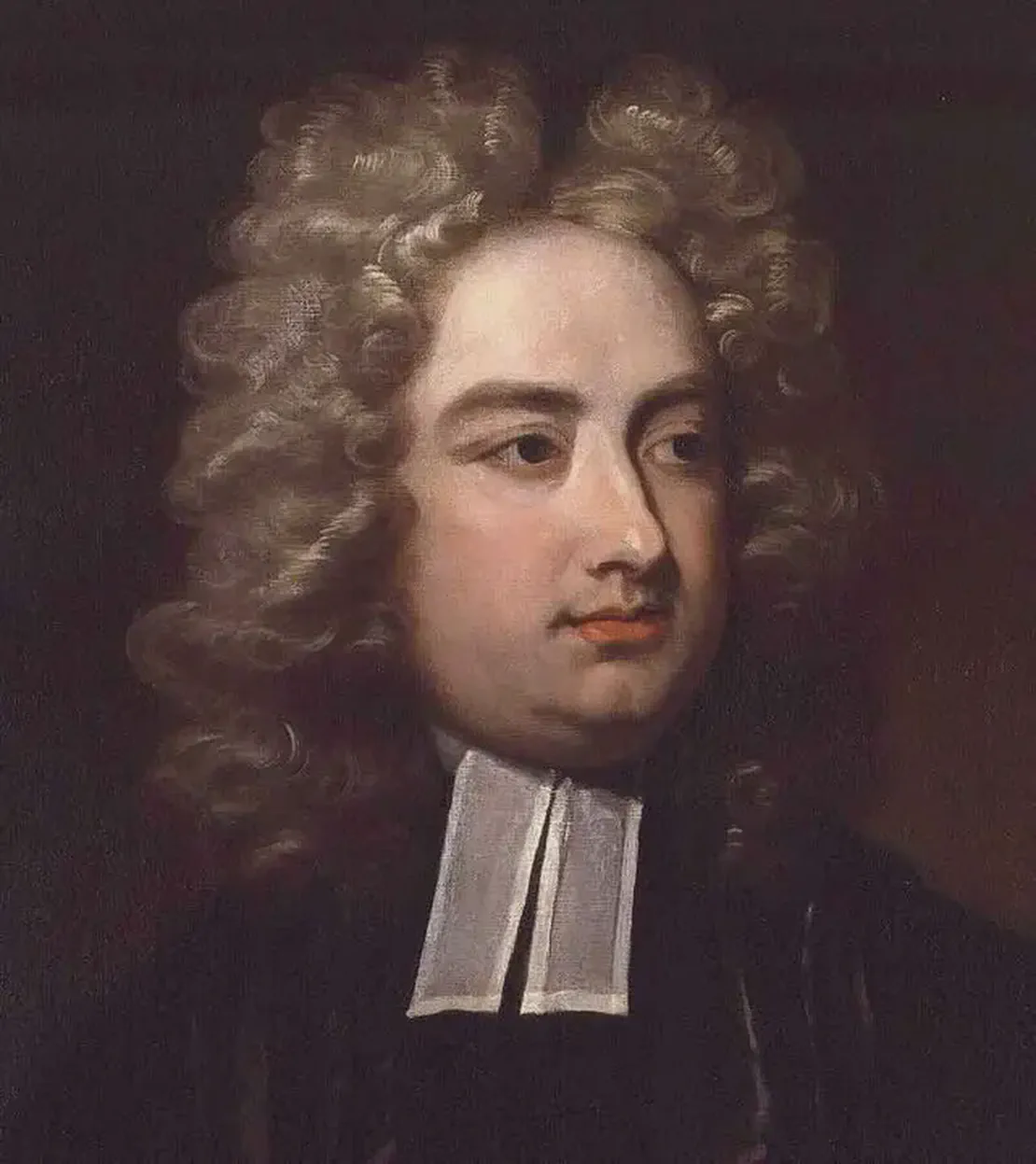
Jonathan Swift becomes Dean of St Patricks Cathedral, Dublin
Jonathan Swift, the renowned author of works such as “Gulliver’s Travels” and “A Modest Proposal,” became the Dean of St. Patrick’s Cathedral in Dublin in 1713. His appointment to this prestigious position had a significant impact on both his literary and ecclesiastical career.
As Dean of St. Patrick’s Cathedral, Swift played an active role in the administration of the cathedral and its affairs. He also delivered sermons and conducted religious services, in addition to his writing and advocacy work. Throughout his time as Dean, he was known for his efforts to improve the conditions of the cathedral and for his involvement in various charitable activities.
Swift’s tenure as Dean of St. Patrick’s Cathedral is a notable chapter in his life, and his association with the cathedral is reflected in his famous satirical work “A Tale of a Tub,” where he humorously presented the rivalries between different religious denominations, including his own Church of Ireland.
Jonathan Swift’s literary and clerical contributions, as well as his social and political writings, continue to be studied and celebrated, and he is remembered as one of the most important figures in both Irish and English literature.
“Gulliver’s Travels” is a satirical novel written by the Irish author Jonathan Swift. It was first published in 1726 and has since become one of the most famous and enduring works of English literature. The novel is a combination of adventure, social commentary, and biting satire.
Key points about “Gulliver’s Travels”:
Narrative Structure: The novel is structured as a series of four voyages, each to a different fantastical and imaginary land. The protagonist, Lemuel Gulliver, is the narrator, and he recounts his experiences in these strange lands.
Lands and Peoples: Gulliver’s travels take him to four distinct places: Lilliput, where the inhabitants are tiny; Brobdingnag, where the people are giants; Laputa, a flying island inhabited by impractical intellectuals; and the land of the Houyhnhnms, rational horses ruled by their wisdom.
Satire: Each of Gulliver’s adventures serves as a vehicle for Jonathan Swift to satirize various aspects of society, politics, and human nature. The novel contains sharp and often dark humor that addresses issues such as politics, human foibles, and the absurdities of contemporary society.
Legacy: “Gulliver’s Travels” has had a lasting impact on literature and remains a classic work of satire. It is not only an engaging adventure story but also a vehicle for Swift’s commentary on the follies and shortcomings of the human condition.
Adaptations: The novel has been adapted into various forms, including stage plays, films, and animated television series, reflecting its enduring popularity and appeal.
Jonathan Swift’s “Gulliver’s Travels” continues to be widely read, studied, and enjoyed for its imaginative storytelling and sharp wit. It is a work that can be appreciated on multiple levels, from its entertaining adventures to its thought-provoking social commentary.